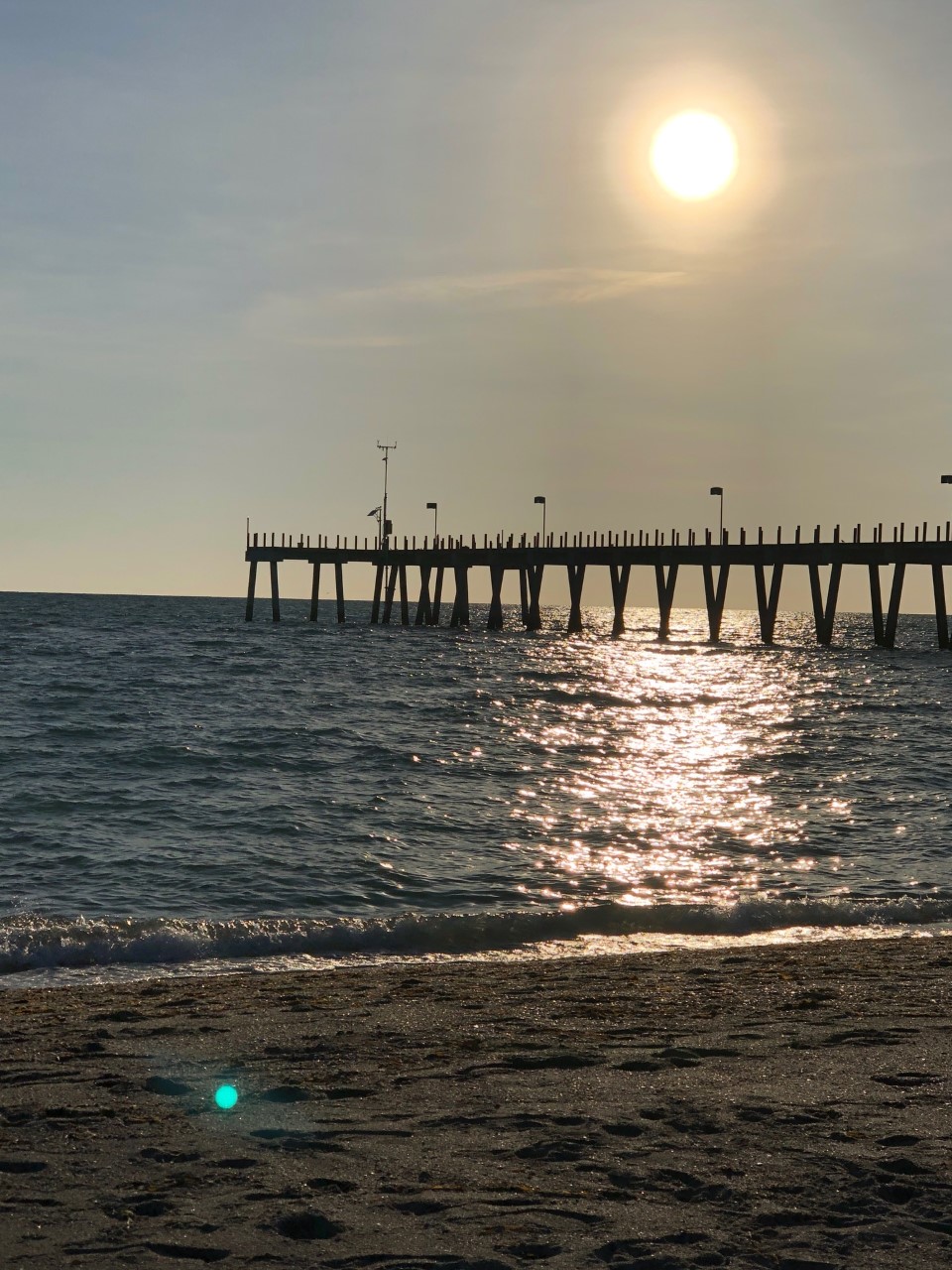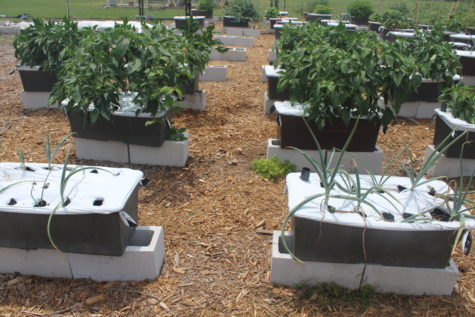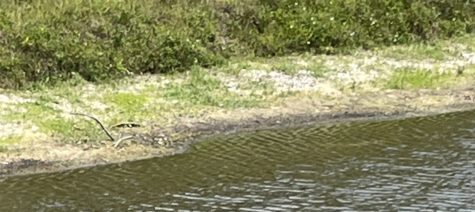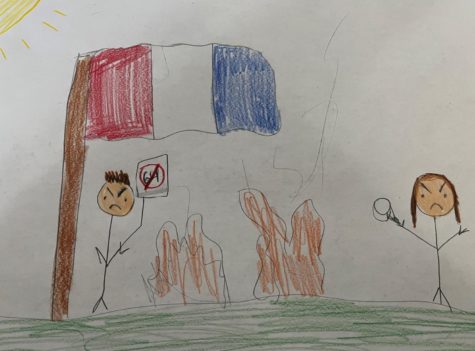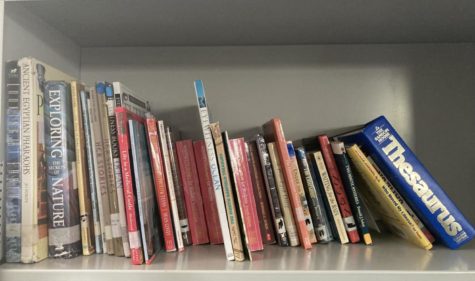More Residential Communities?
How Many Residential Communities Do We Need
May 9, 2023
If you look around Venice or even around the U.S, more farmlands and forests are being cut down and, in its place, there are more residential communities and retirement homes. Anywhere you look you see a sign saying there is a new living facility coming soon. As I drive along Honere all I can see instead of farmland is more residential communities popping up.
I think building more developments can have some negative effects on the environment and the community. For example, it can lead to deforestation, air and water pollution, and loss of wildlife habitats. Additionally, it can cause traffic congestion and increase noise levels. Some people might argue that we do not need more residential communities because there are already enough homes available. Additionally, some people might be concerned about the environmental impact of new developments, or the displacement of wildlife or natural habitats. We are also making homes so more snowbirds can move down here and that will cause a lot of congestion on the roads.
When we tear down trees to build more developments, we not only destroy the natural beauty of our environment, but we also negatively impact the air we breathe and the creatures that call the trees home. It is important to remember that trees are not just a renewable resource, but they are a necessity for the survival of our planet.
In conclusion, building more residential communities can have both positive and negative effects. While it can create new job opportunities and improve the economy, it can also lead to deforestation, air and water pollution, and loss of wildlife habitats. Therefore, it is important to find a balance between development and environmental protection. Instead of building more residential communities, we could focus on revitalizing existing communities and improving public transportation to reduce traffic congestion and pollution. By doing so, we can create a more sustainable future for ourselves and for generations to come.
